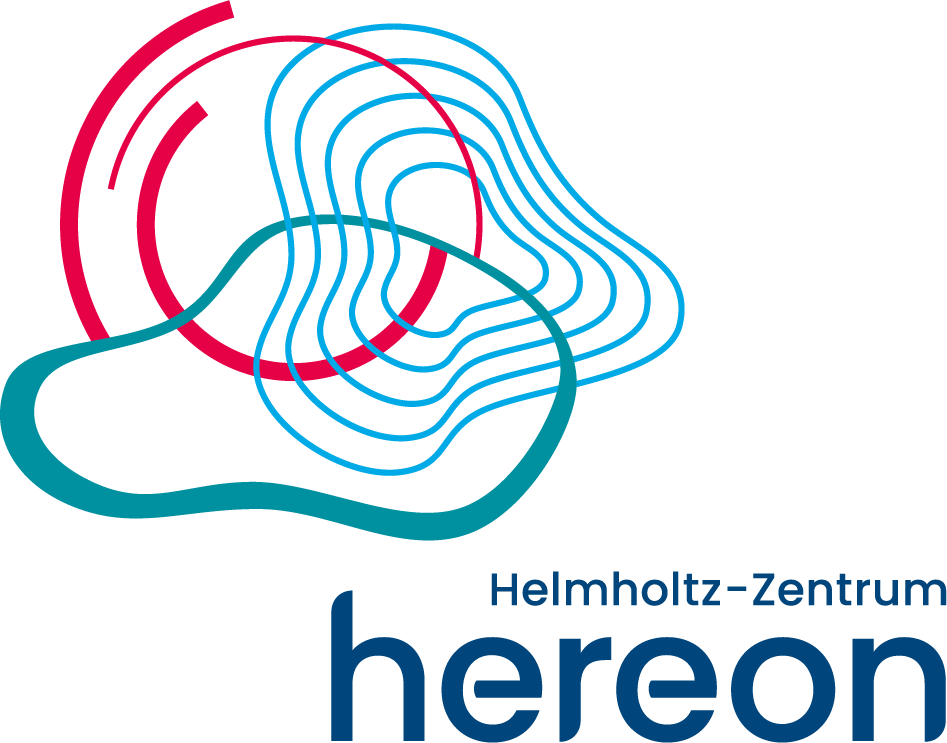MLZ is a cooperation between:
 > Technische Universität München
> Technische Universität München > Helmholtz-Zentrum Hereon
> Helmholtz-Zentrum Hereon
 > Forschungszentrum Jülich
> Forschungszentrum Jülich
MLZ is a member of:
 > LENS
> LENS > ERF-AISBL
> ERF-AISBL
MLZ on social media:

MLZ (eng)
Lichtenbergstr.1
85748 Garching
Instrument Control
Activities
Planning instrument control
The group is available to instrument responsibles as a point of contact for all questions relating to instrument control. The aim is to support the planning and implementation of instrument control systems based on standardised components (hardware and software). This applies both to new installations and to the modification of existing control systems.
Realisation and testing of the control system
The group is responsible for testing the selected components (hardware and software), their configuration and their smooth interaction. The group hands over the control system that has been installed and configured on the instrument and tested with the instrumentresponsible.
Maintenance and servicing of the control software
The software components developed/recommended by the group and used on the instruments are also maintained, serviced and further developed or redeveloped in accordance with the requirements of those persons responsible for the instruments.
Projects
Hardware
The project includes the selection and testing of hardware with the aim of being able to recommend it to instrumentresponsibles as a tested standard component. Based on the results obtained, concepts for integration on the instrument are developed, e.g. motor controls, distributed system controls, robust plug-in systems, etc. .
The network-based NICOS control system was originally developed at the MLZ for neutron scattering instruments. The main objectives include flexibility, user-friendliness, ease of maintenance and reusability.
With NICOS, scientific instruments can be controlled remotely both via interactive interfaces (GUI, command line) and via a script system. The NICOS user scripts are written in Python with a few minor restrictions. This approach enables the creation of very flexible scripts for complex problems and at the same time simple, interactive use.
NICOS has a large developer community and controls instruments at facilities around the world:
• MLZ (Garching, Germany)
• PSI (Villigen, Switzerland)
• ESS (Lund, Sweden)
• LAHN (Laboratorio Argentino De Haces De Neutrones, Buenos Aires, Argentina)
• Materials Growth & Measurement Laboratory at Charles University (Prague, Czech Republic)
• ISIS (Didcot, UK)
• Idaho National Lab (Idaho Falls, USA)
• Neutron Radiography Facility (NRF) of Oregon State University (Corvallis, USA)
• X-Ray Center of TU Wien (Vienna, Austria)
As a distributed system, Tango and its extension Entangle form the basis for instrument control. In cooperation with the servers, they are essentially responsible for the abstraction of the hardware and its control in order to enable a standardised view of the hardware. This facilitates interchangeability and reusability, which is particularly advantageous during commissioning, troubleshooting and repair.
PILS stands for ‘PLC Interface Layer Specification’ and refers to the protocol used on the MLZ for communication with programmable logic controllers (PLCs).
The group supports the sample environment in the application of the Sample Environment Communication Protocol (SECoP) through the development and use of the Frappy framework.
Not all components on an instrument are constantly used for carrying out experiments. These include, for example, sample environments such as cryostats, ovens or magnets. So-called control boxes are used to support the instrumentresponsibles in the relatively simple integration of these components into the control system. These boxes are developed in close co-operation with the Sample Environment group. In addition to the hardware required to control the devices in the sample environments, the control boxes also contain the necessary infrastructure for integration into the instrument control system
Contact
Jens Krüger
Phone: +49 (0)89 289 14716
E-Mail: jens.krueger@frm2.tum.de
Georg Brandl
Phone: +49 (0)89 158860 731
E-Mail: g.brandl@fz-juelich.de
Dr. Enrico Faulhaber
Phone: +49 (0)89 289 10767
E-Mail: enrico.faulhaber@frm2.tum.de
Alexander Zaft
Phone: +49 (0)89 158860 822
E-Mail: a.zaft@fz-juelich.de
Stefan Rainow
Phone: +49 (0)89 158860 691
E-Mail: s.rainow@fz-juelich.de
Konstantin Kholostov
Phone: +49 (0)89 158860 782
E-Mail: k.kholostov@fz-juelich.de
Shobin Vinod
Phone: +49 (0)89 289 14681
E-Mail: shobin.vinod@frm2.tum.de
MLZ is a cooperation between:
 > Technische Universität München
> Technische Universität München > Helmholtz-Zentrum Hereon
> Helmholtz-Zentrum Hereon
 > Forschungszentrum Jülich
> Forschungszentrum Jülich
MLZ is a member of:
 > LENS
> LENS > ERF-AISBL
> ERF-AISBL
MLZ on social media:


